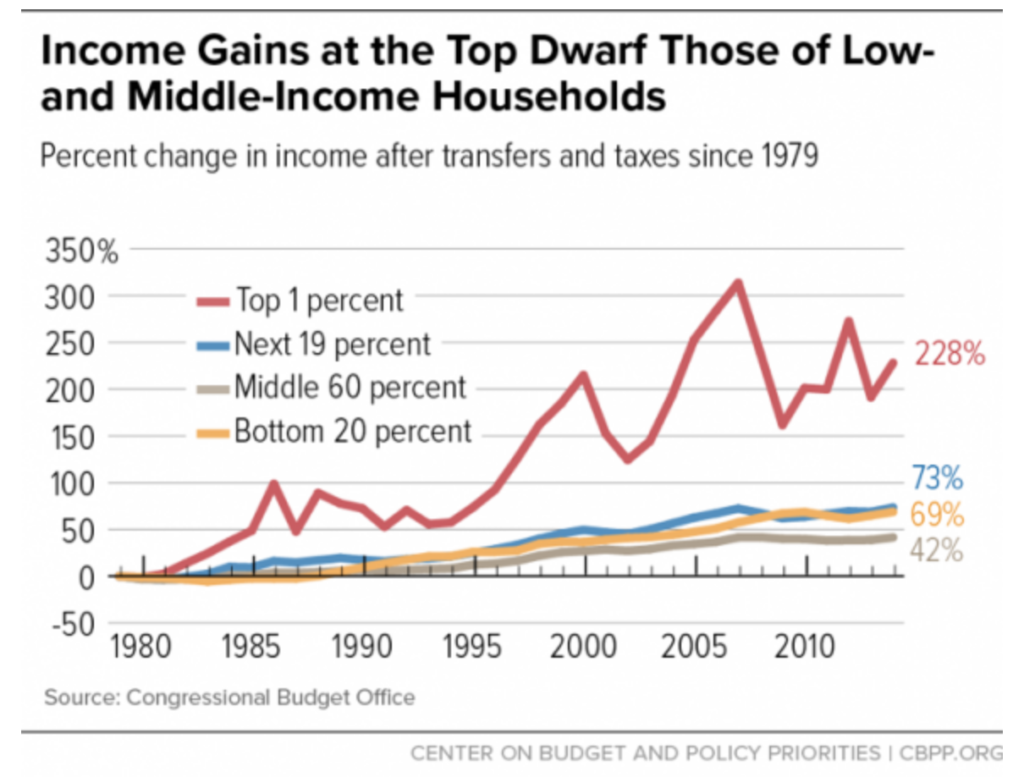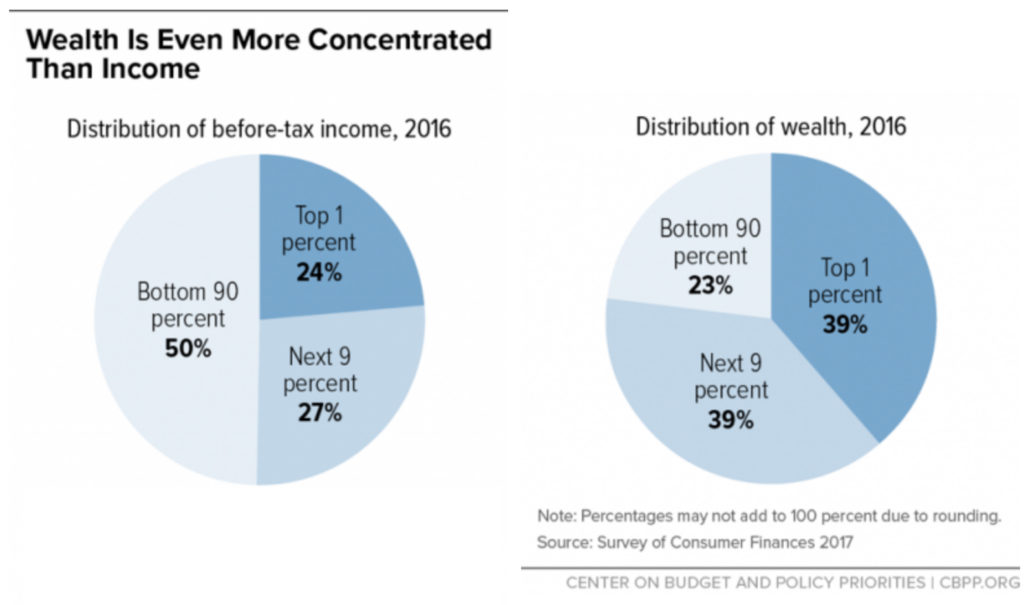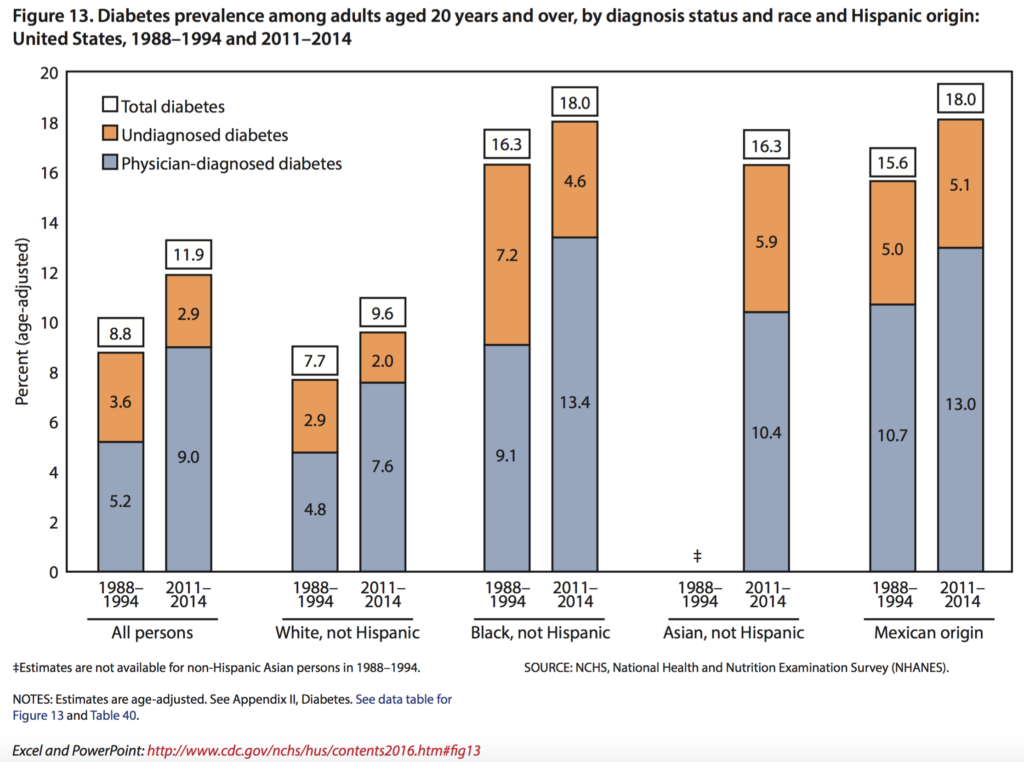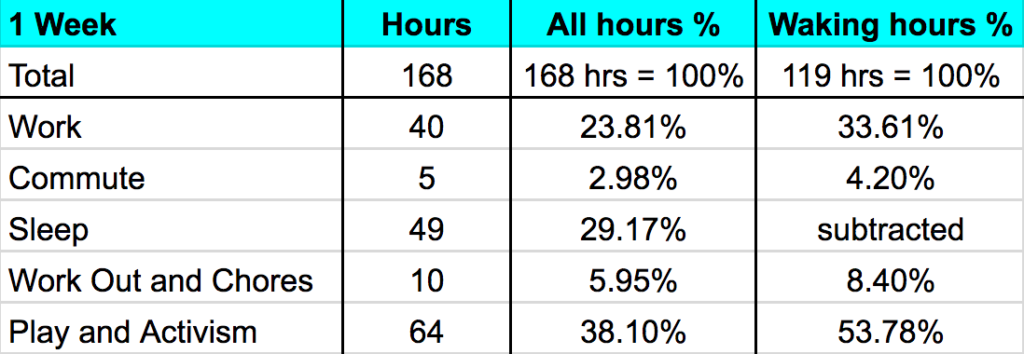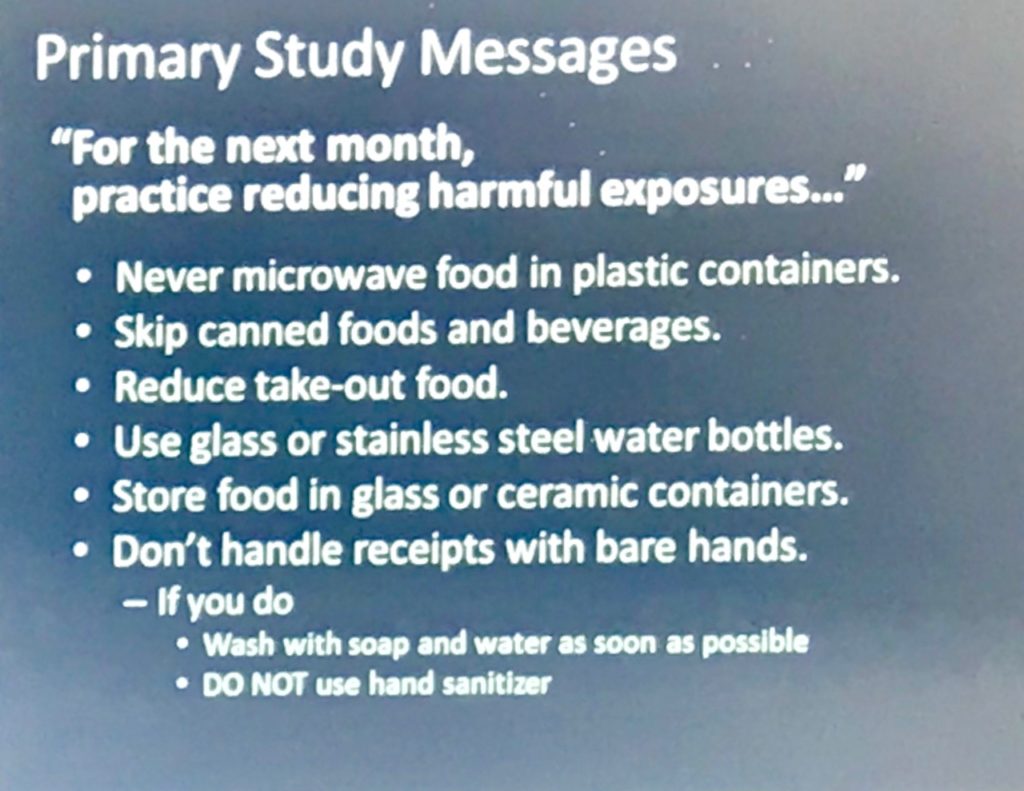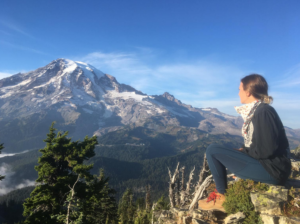This isn’t your normal How To Guide. I recently realized the exact same reasons I became vegan can apply to other big life decisions/ changes. So today I wanted to break it down again, using the same framework of ability (psychological, economic, and physical) – but this time applied to how to become an environmental activist professionally… or anything else you want to be.
Why – Psychological Ability
Denial
The first hurdle is denial. My brother George had a funny point that “No one knows what they are in denial about”. So denial is a tricky thing. Many articles have come out stating that the new denial is not that climate change isn’t happening, it’s thinking what we’re doing is enough.
So how do you address what you’re avoiding and/or semi-intentional ignorance? Information in the age of information! I’m a practiced and published researcher and I took two months researching the most impactful job you can do… and it was environmental work across the board. The information is so abundant, compelling and moving you may just be inspired to work on climate solutions as well. Here are some sites worth bookmarking:
Attribution
OK so maybe you aren’t in denial and you agree we need to do more BUT you attribute blame to larger organizations. To which I say, the entire system needs solutions and we need to be part of the solution at every level.
Governmental – Some people say this is the ONLY way. I don’t agree, but if you think governmental solutions and regulations are the most important why not try to professionally influence them? You don’t have to just be a lawyer; there are a ton of ways to do it. Otherwise, you can vote for green candidates, and be civically active.
Technology and other Eco-Friendly Options – again, tons of jobs in this! Some may say these will be the only jobs one day (especially with automation). Green technology, energy, food alternatives, transportation, city planning, ocean clean-up and more. You are skilled, and your skills would be highly valuable in AT LEAST one of these types of solutions.
Consumerism and Personal Choices – I’ve started to feel like people aren’t going to change unless the options don’t affect their lifestyle and moreover improve it (ex: fake meat has to be delicious, electric cars also have to be luxurious, etc.) so that is why CREATING the options is even more important than adopting them, because once we create our ideal society, adoption will naturally follow.
Volunteering – isn’t drastic enough frankly. This is an all-smart-hands-on-deck situation.
My American Dream
Finally, similar to denial, we don’t want to accept that the baby-boomer notion of the American Dream is fucked. Yours, mine, and for generations to come. What good is a mansion that burns down or gets flooded? Sure maybe you can secure a nice little spot for yourself where you have a huge water supply, but how fun will that be when you don’t have a community to enjoy or even any animals around?
Think about this though: This upcoming March, 2019 KIDS are walking out of school for “Day Zero” to protest climate inaction by adults. They know their future is being robbed, and we too aren’t going to die before we see some pretty horrible shit.
Fortunately it is not too late to turn this around, and we can still have an American Dream, albeit different and more synchronous with the environment and arguably with each other, if we only dare to dream it and do it.
How – Economic Ability
This is the most obvious hurdle to switching jobs. While some companies may have excellent promotional practices, it is widely acknowledged that the highest pay raises occur when you switch companies. One main reason is because your current employer will not give you a 20K raise, whereas you may get a new job offer that starts 20K higher.
Ok so we know it makes sense, but how do you do it? Two ways:
- Invest in yourself. Investments can be risky, but if you don’t know your value, others won’t either.
- Treat unemployment like a job. Apply to jobs rigorously and take time off. Spend 40 hours a week minimum if you are unemployed. Clock in if you need to (there are tons of timer apps – my favorite is Toggl).
When – Physical Ability
When should we pursue such jobs? ASAP. Why? The IPCC gave us 12 years – generously. What if we were given a 12-year ticker to an atomic bomb? People would be freaking out. And climate change is worse, irreversible, and “bombing” the entire world simultaneously.
In Sum
All of the other reasons to do it will also follow as benefits. The ones I listed for veganism (that oddly apply here) are:
- Sustainability – For your personal sustainability – the job market will go to shit with climate chaos anyway. Planet and human species sustainability would also be nice.
- Animals (Unnecessary Suffering) – you will be working to PREEMTIVELY combat what is already becoming THE LARGEST contributor to human suffering (think: war, food production issues/famine, vector-borne diseases, water-borne diseases, heat-related illnesses, and more. I’m not exaggerating, look. it. up.)
- Net sum (Positive) – you get to wake up every day feeling happy about what you do (yay)! We Americans are huge emmissions creators, so might as well mitigate your own carbon footprint at the very least.
- Health – the health effects from inhaling fine particulates (from fires) alone are: lung cancer, stroke, dementia, type two diabetes, and heart disease.
- Independence – you know you can get any job you want, and you choose to make a difference. You are not beholden to money as the primary motivator. Why else would you work your shitty corporate job with coworkers who lack empathy in an industry that exploits Earth’s resources and workers along the production line? It doesn’t have to be that way.
As always, I’m happy to read cover letters and help you get dat new new enviro job.
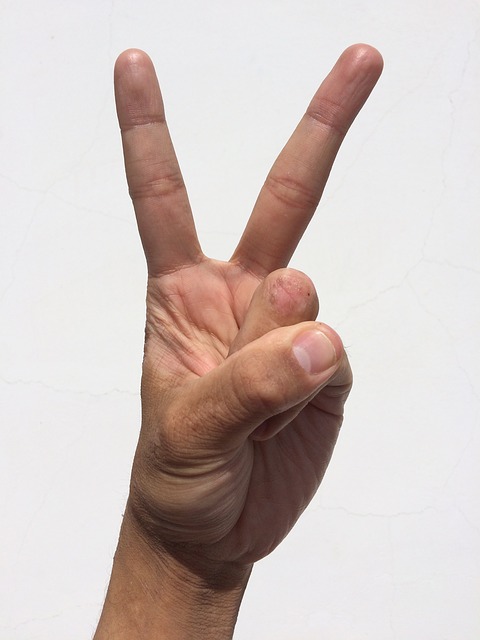 out
out
-Nanarchy
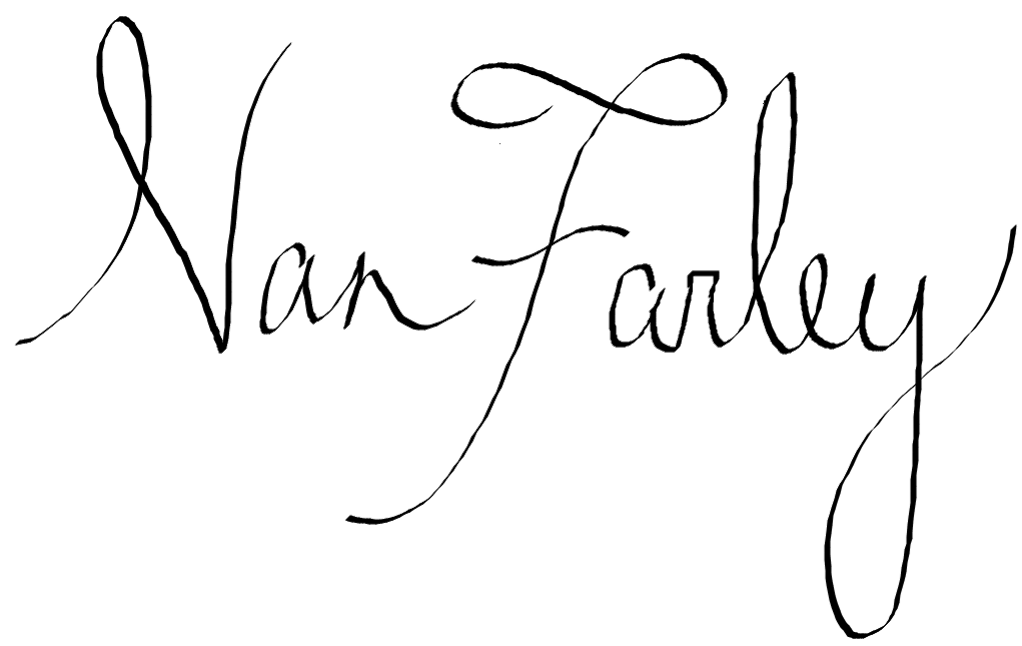

 out
out
